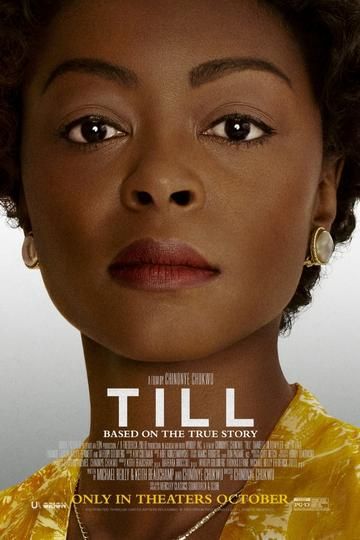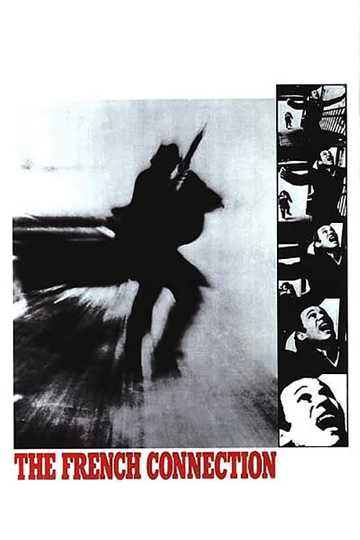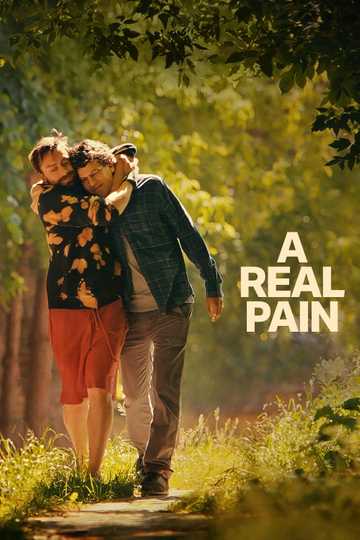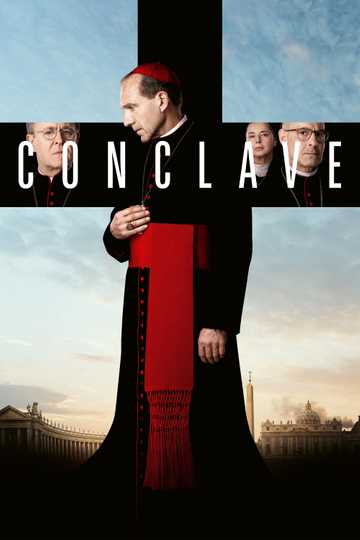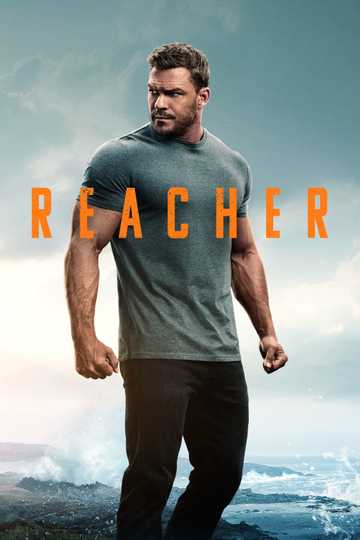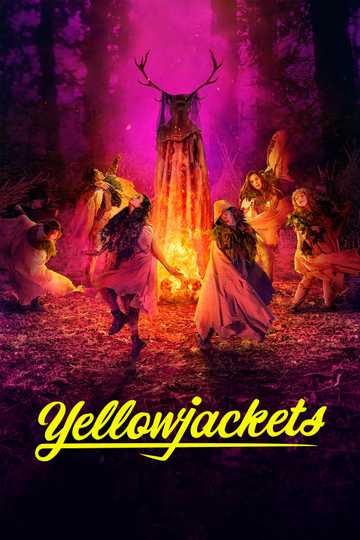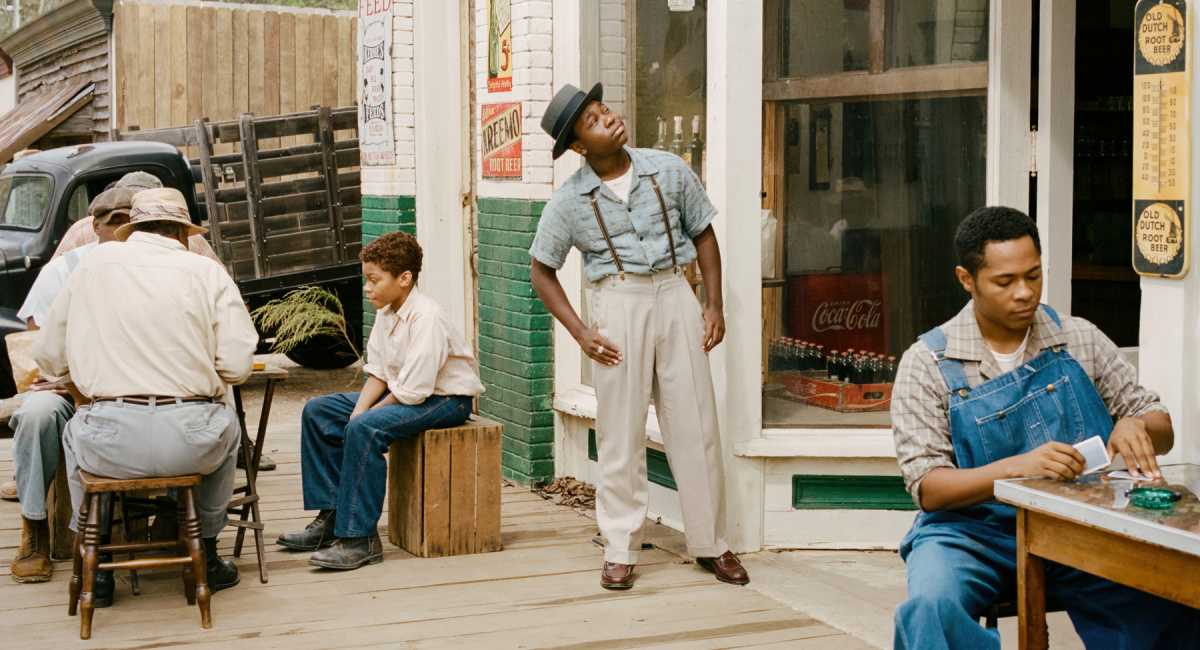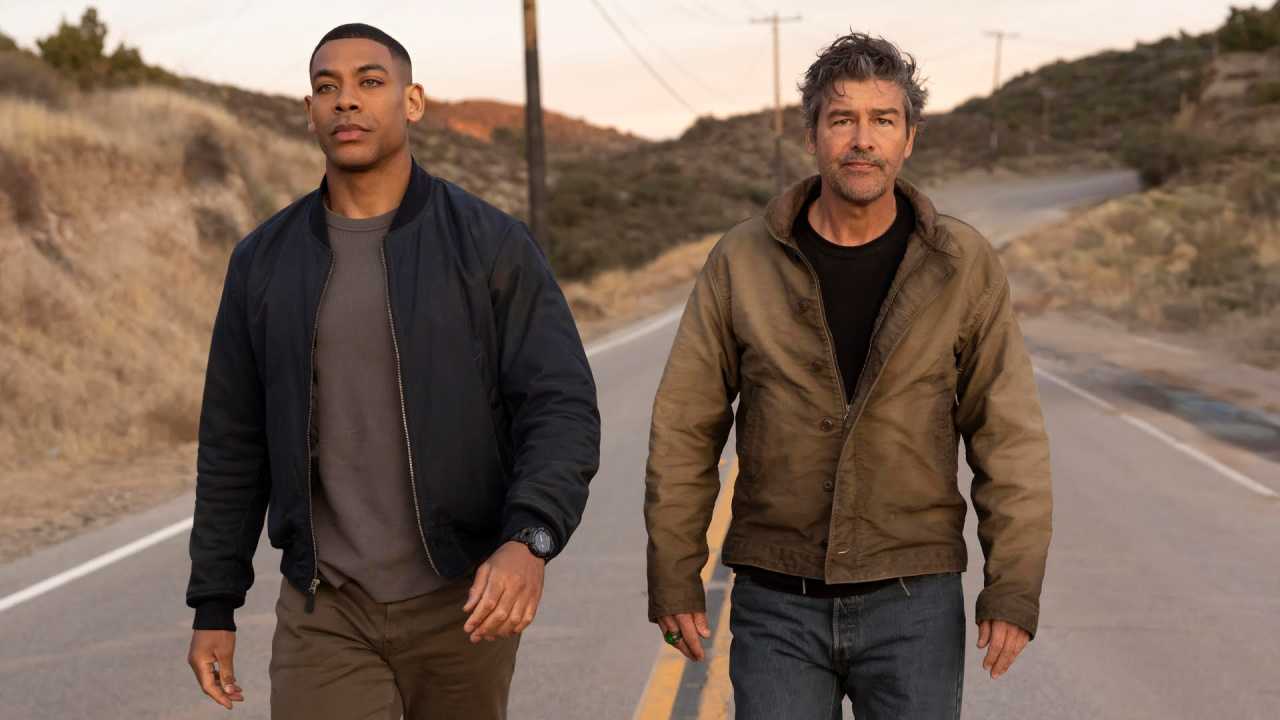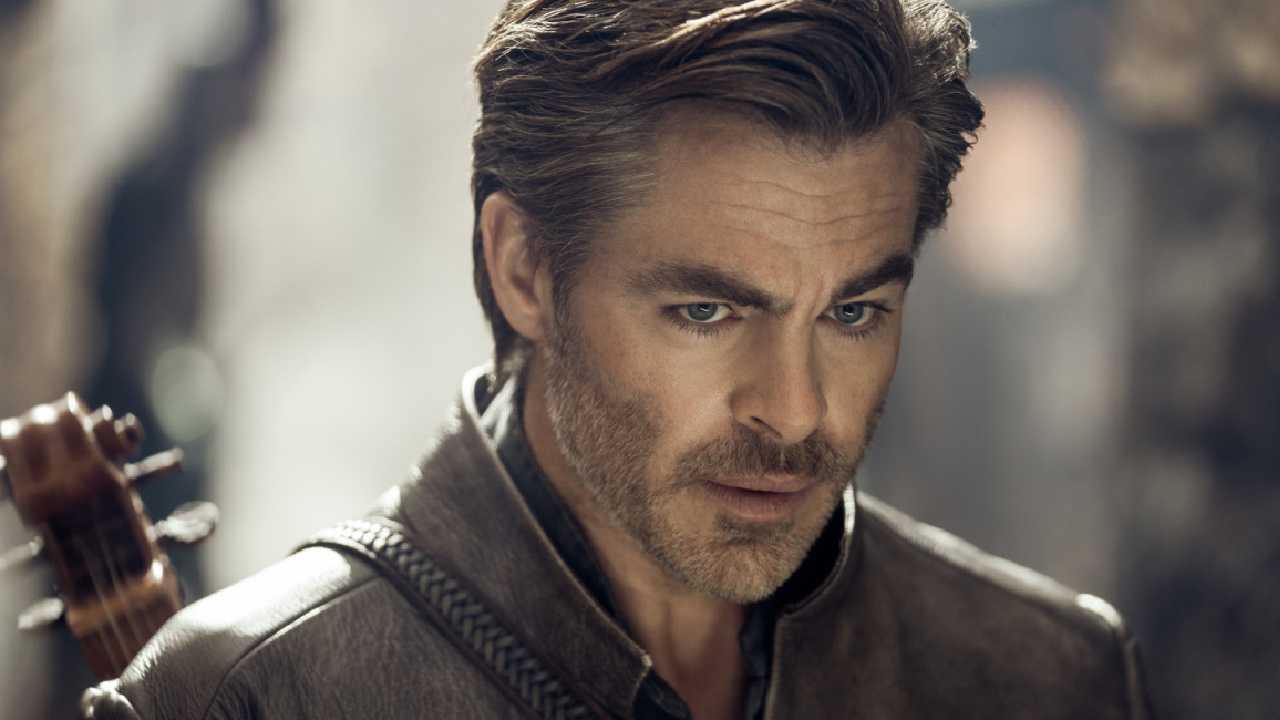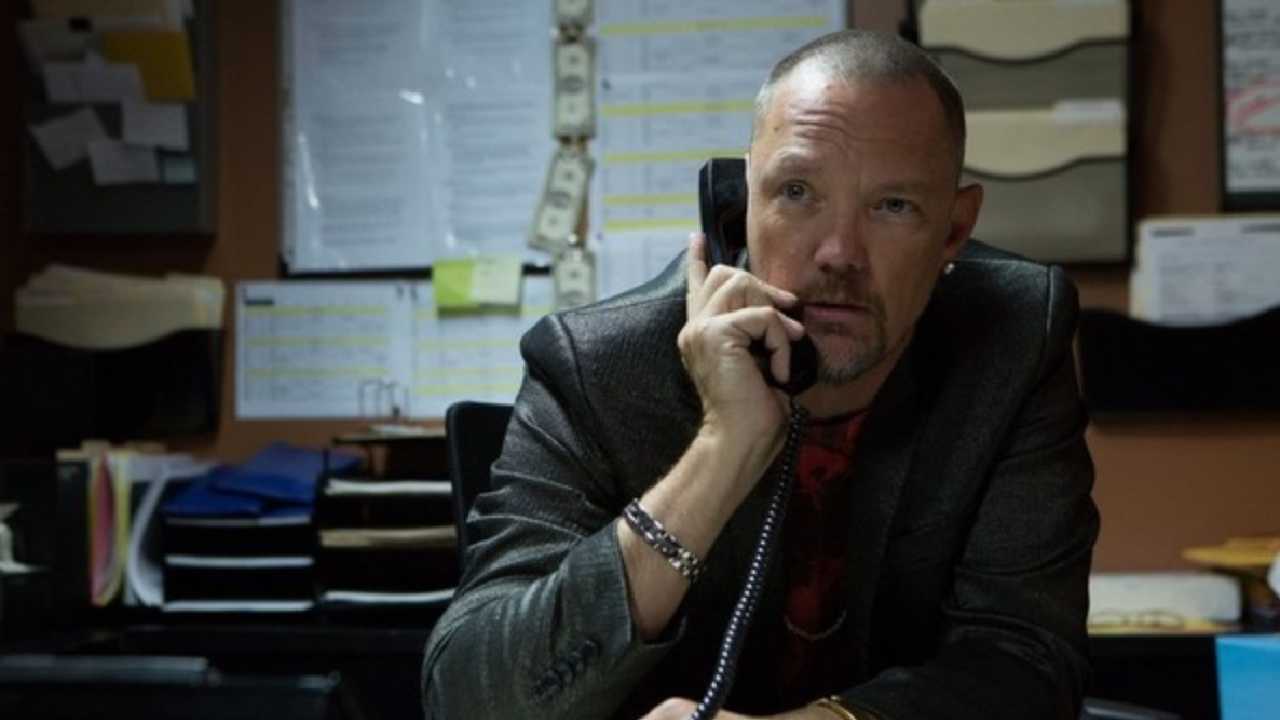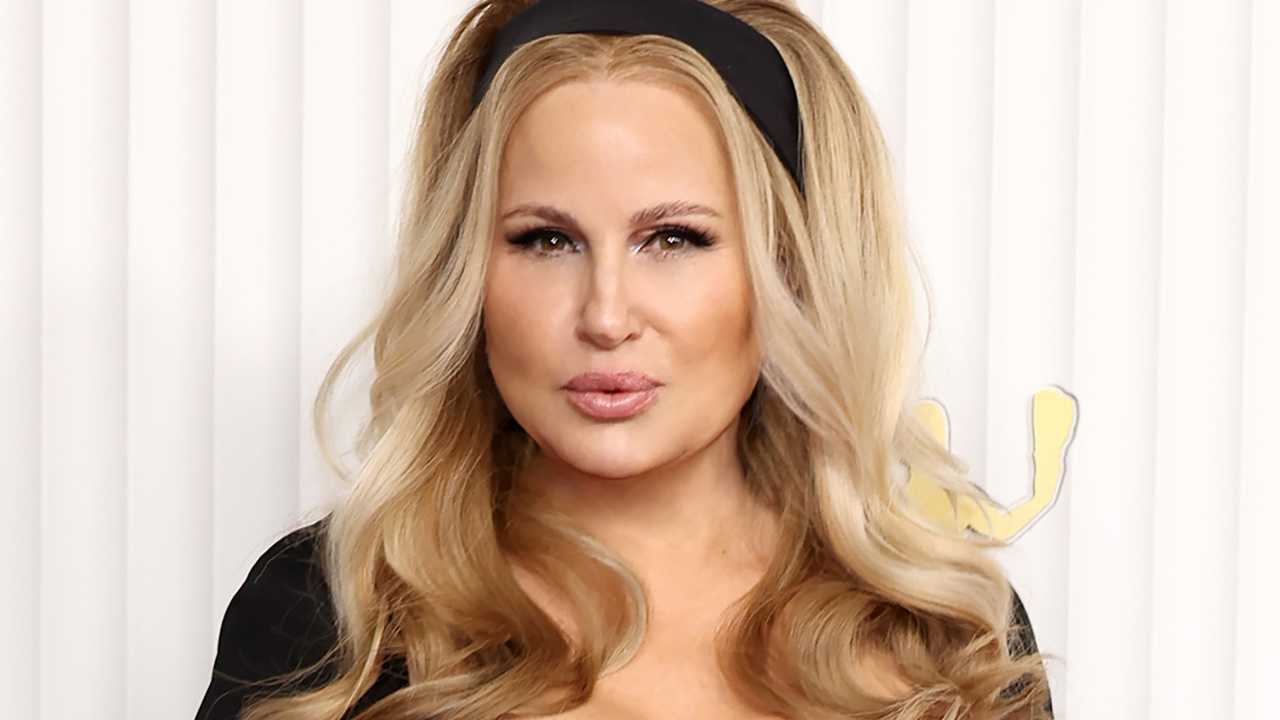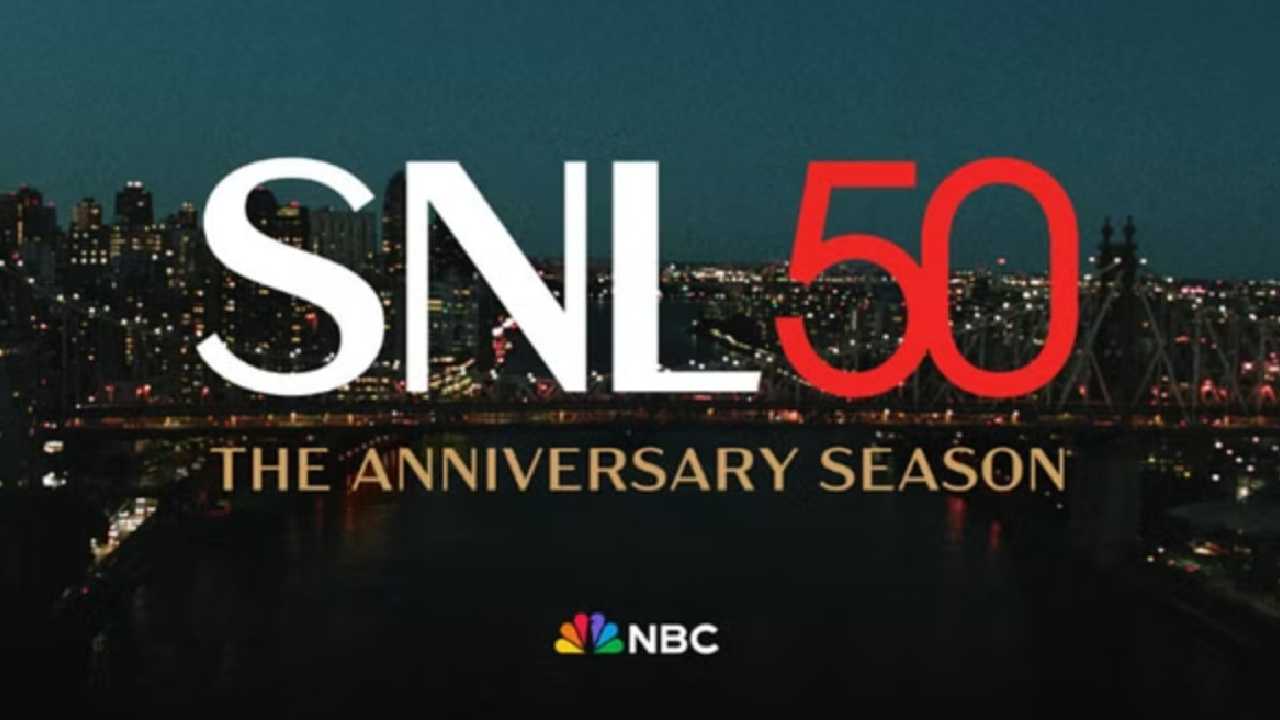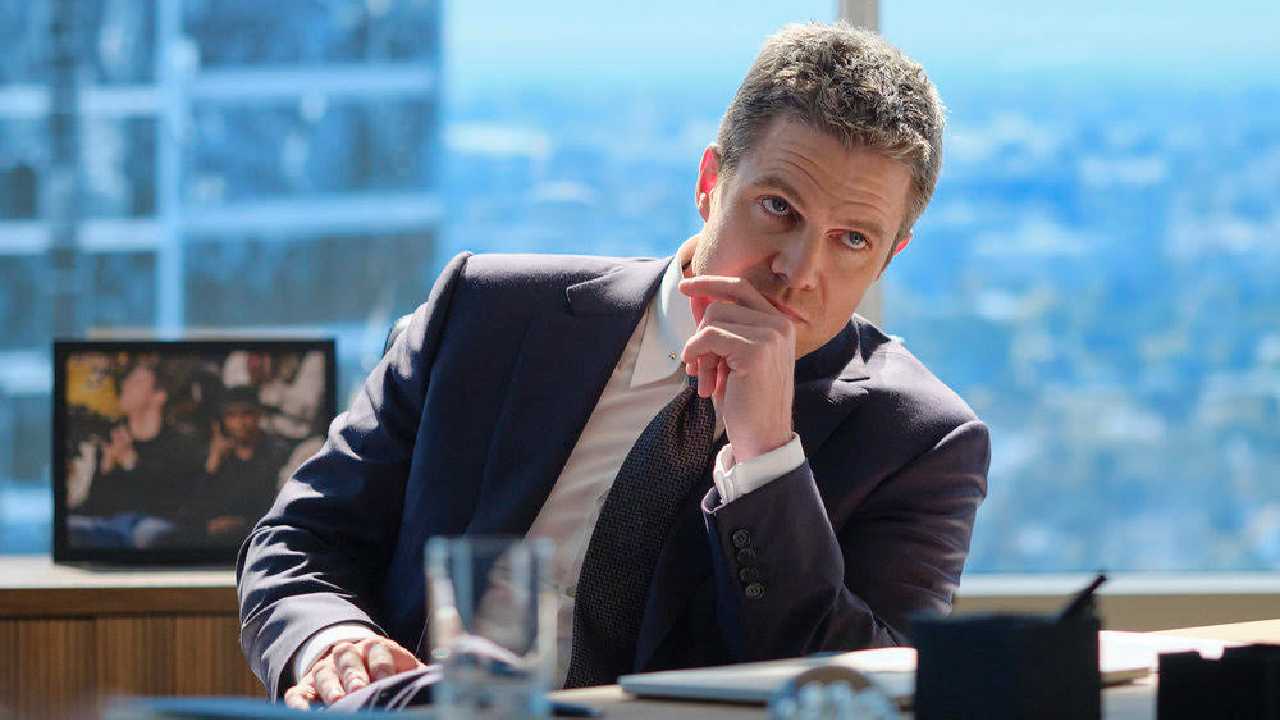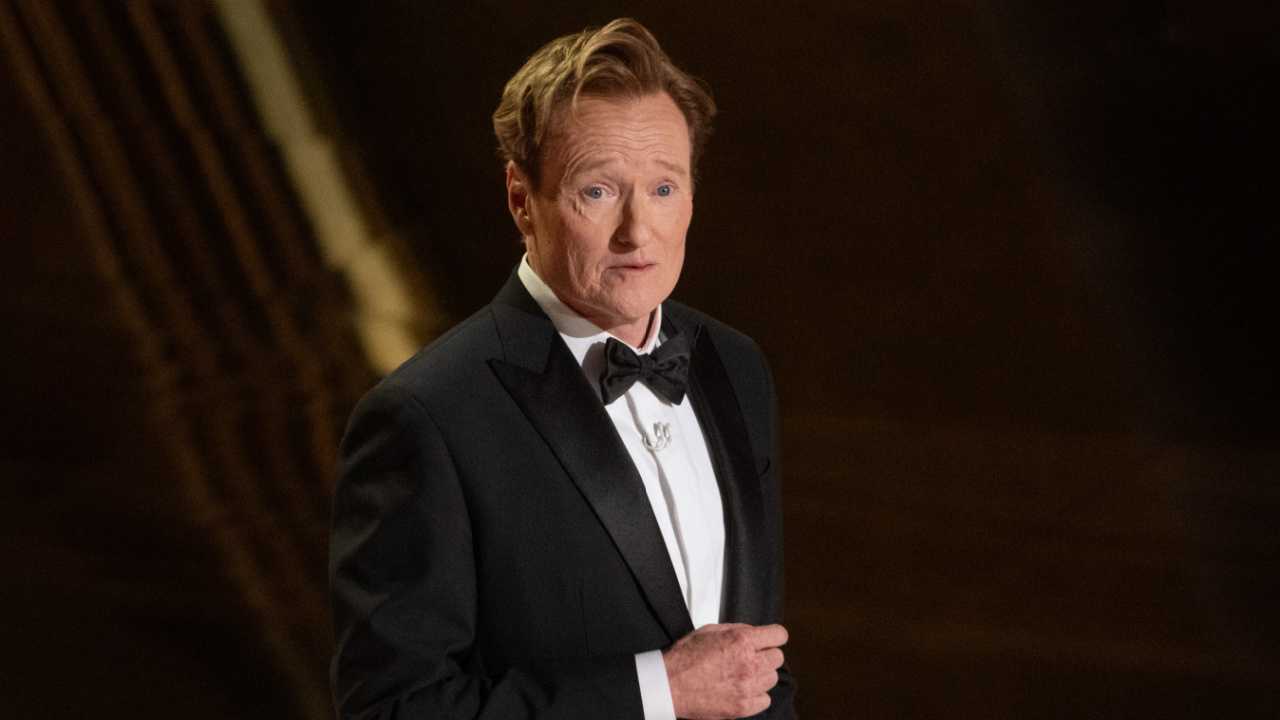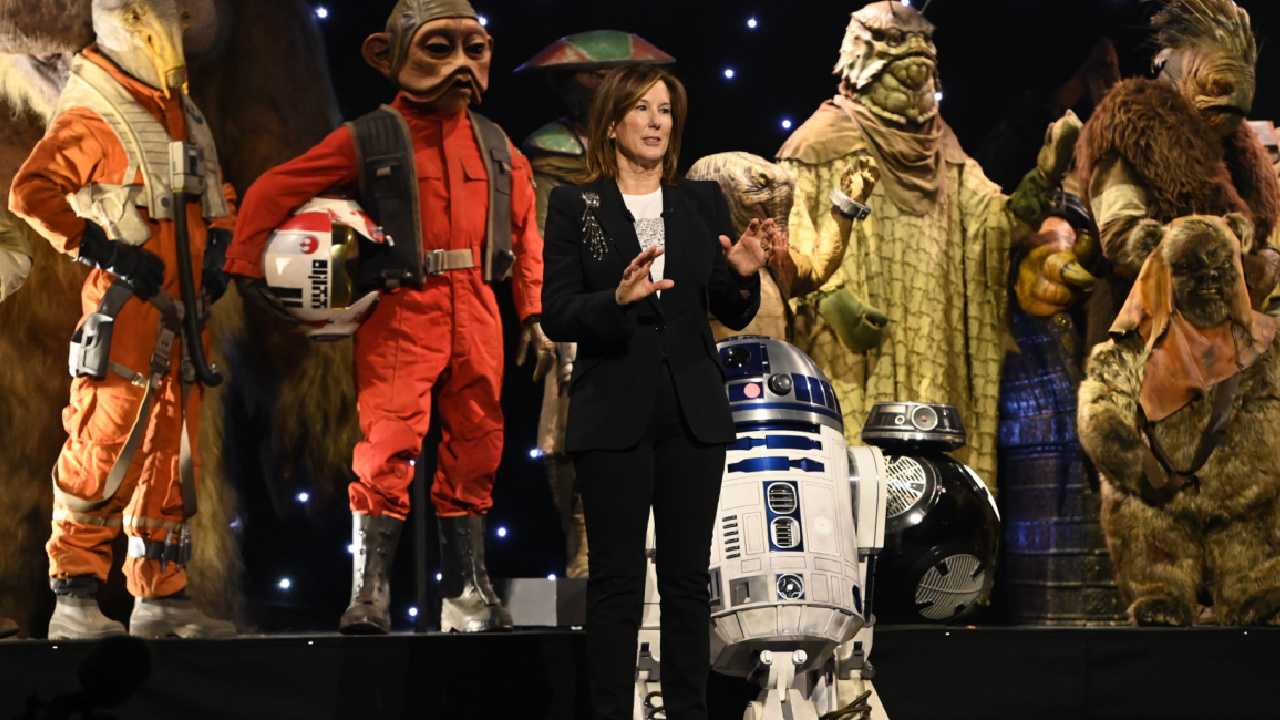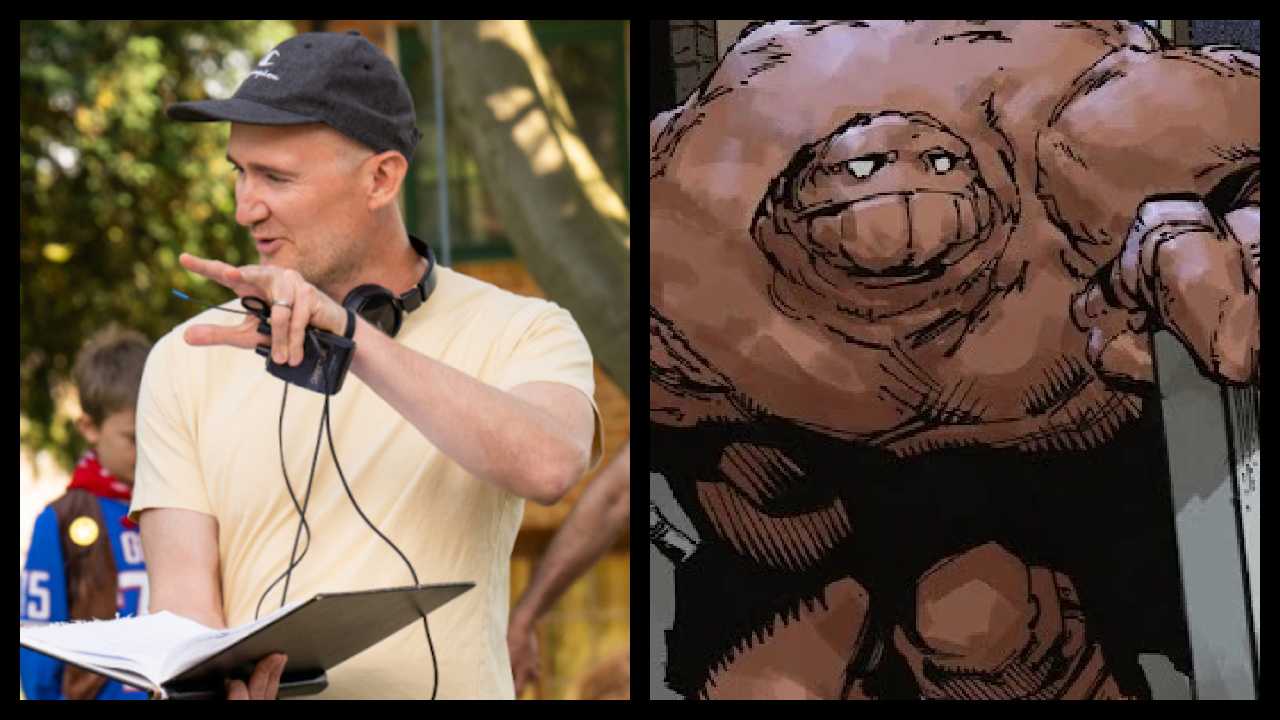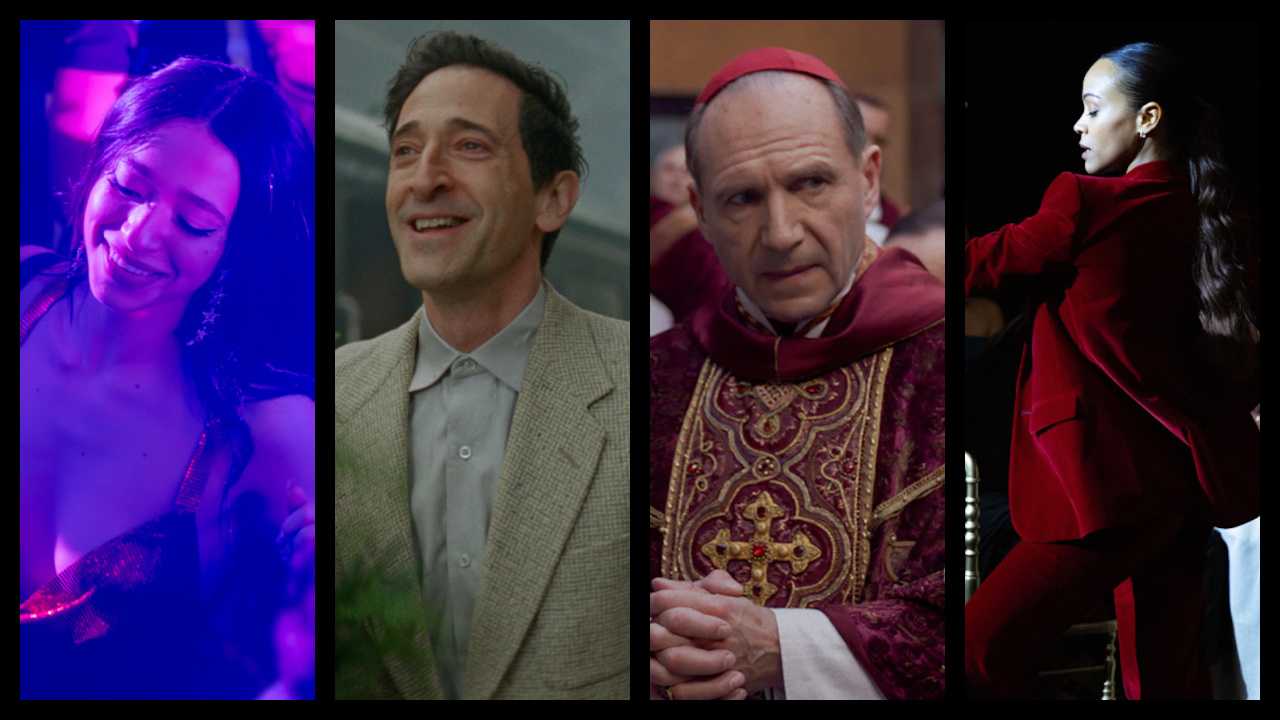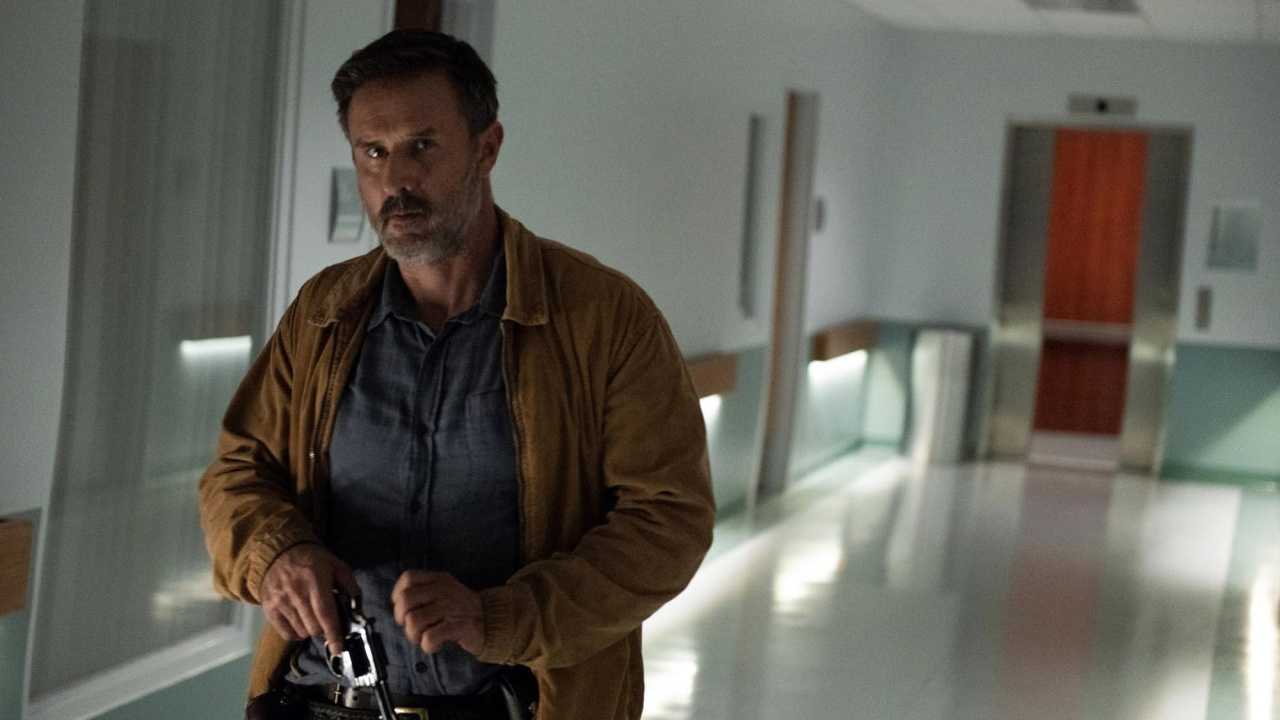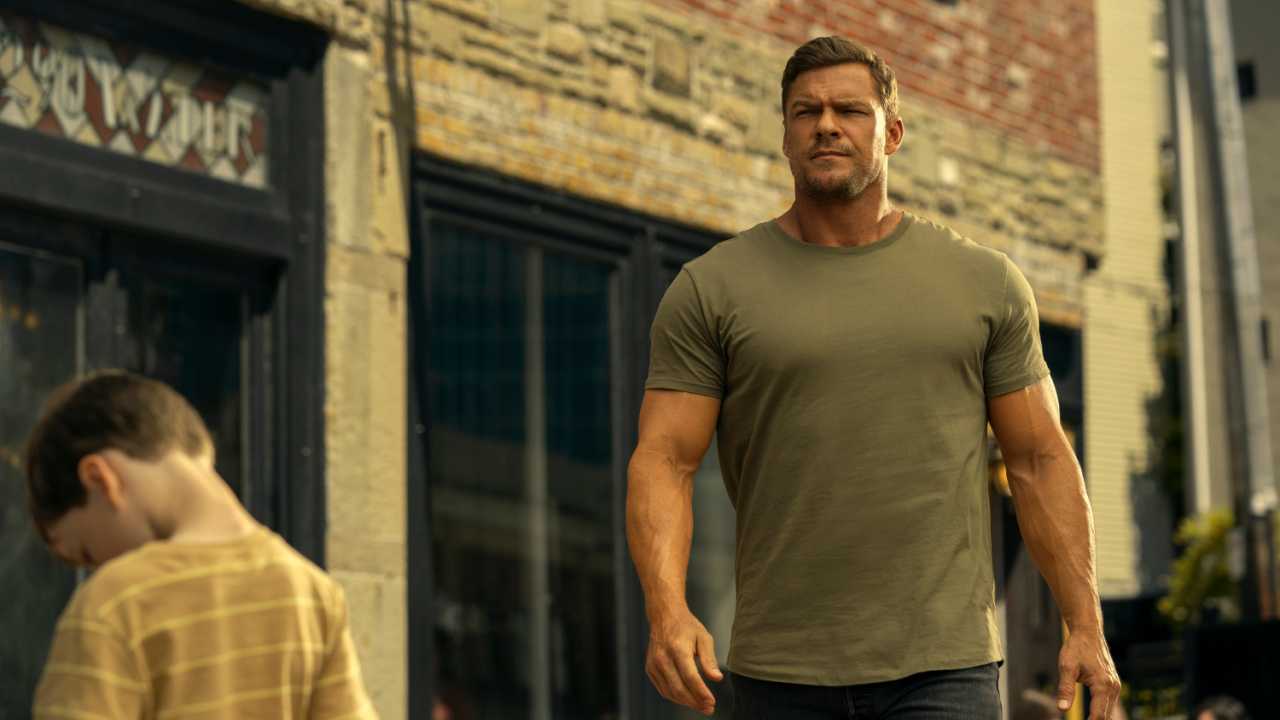Danielle Deadwyler and Jalyn Hall Talk Biographical Drama 'Till'
Moviefone speaks with Danielle Deadwyler and Jalyn Hall about 'Till.' "This project is part of my experience in being a recipient of civil rights," said Deadwyler.
Opening in theaters on October 14th is the new biographical drama ‘Till,’ which was directed by Chinonye Chukwu (‘Clemency’) and is based on the heartbreaking true story of Emmet Till.
The film tells the true story of 14-year-old Emmet Till (Jalyn Hall), who in 1955 traveled from Chicago to Mississippi and was murdered by white supremacists. The story also follows the aftermath of the tragedy and how Emmet’s mother, Mamie (Danielle Deadwyler) became an educator and activist in the Civil Rights Movement following her son’s death.
In addition to Hall and Deadwyler, the cast also includes Frankie Faison, Jayme Lawson, Tosin Cole, Haley Bennett, and Oscar-winner Whoopi Goldberg.
Moviefone recently had the pleasure of speaking with Danielle Deadwyler and Jalyn Hall about their work on ‘Till,’ the true story it is based on, approaching their roles, and what they hope audiences learn from the film.
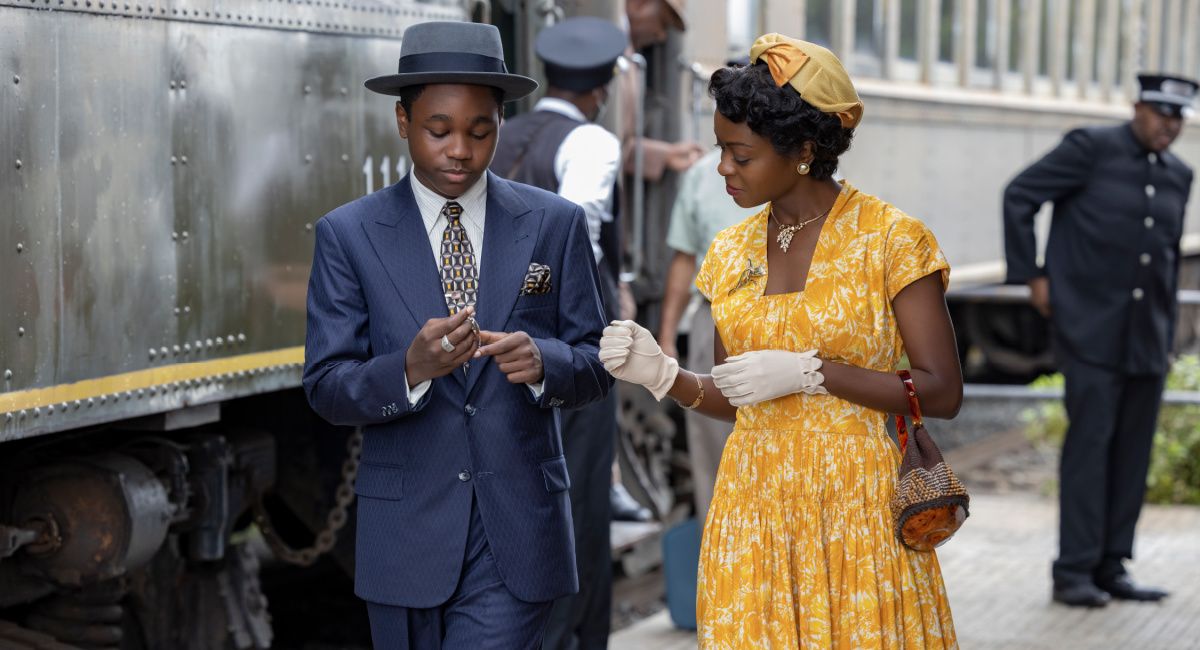
(L to R) Jalyn Hall as Emmett Till and Danielle Deadwyler as Mamie Till Bradley in TILL, directed by Chinonye Chukwu, released by Orion Pictures. Credit: Lynsey Weatherspoon / Orion Pictures. © 2022 ORION PICTURES RELEASING LLC. All Rights Reserved.
You can read the full interview below or click on the video player above to watch our interviews with Deadwyler, Hall, and director Chinonye Chukwu.
Moviefone: To begin with, Danielle, what does it mean for you personally to be a part of a project like this, and how did your research help you prepare for this role?
Danielle Deadwyler: This project is a part of a continuum of my experience in being a recipient of the legacy of civil rights. I'm from Atlanta. My family attended Cascade United Methodist Church, where the pastor at the time was Dr. Joseph Lowry. Dr. Joseph Lowry had the relationship with Reverend Dr. Martin Luther King, and they started the SCLC, which is the Southern Christian Leadership Conference.
And that is where I did years along with my siblings of volunteer work and learned about organizing and learned about civil rights. I learned about the contributions of SCLC to the Civil Rights Movement, and from women who are unsung in a way that Mamie Till is unsung.
So, all of that connects to Mamie Till, and that Dr. King was deeply impacted by her, Rosa Parks was deeply impacted by here, and by the choices that she made at this time. So, all of that personal history for me and experience goes into my understanding, my own spiritual personal research of what this project, what Mamie Till’s role was historically, and within the context of this, based on the true story narrative.
In conjunction to that, there was just a host of other resources that I dove into, be them archival images, photographs, videos, a wealth of academic thesis, music, poetry, all kinds of stuff. As well as personal anecdotes that come from people, Chicagoans who had Interfacings with Mamie Till in the latter years of her life.
Also talking with Keith Beauchamp, who was a mentee of Mamie, and was one of our producers and a co-writer of the film. So, I've just had a super well rounded, spiritual, familial, personal, academic, artistic resource well that enabled me to have as much as I could to go into this role with.
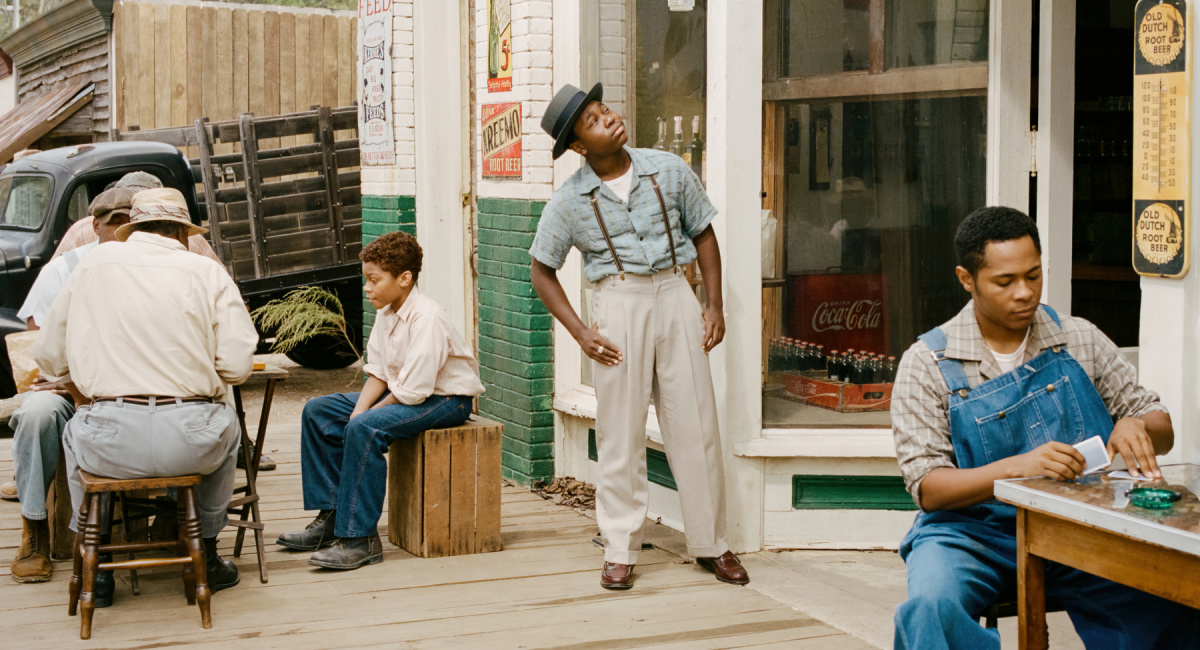
Jalyn Hall as Emmett Till in TILL, directed by Chinonye Chukwu, released by Orion Pictures. Credit: Andre Wagner / Orion Pictures. © 2022 ORION PICTURES RELEASING LLC. All Rights Reserved.
MF: Jalyn, what does it mean to you personally to be part of a project like this?
Jalyn Hall: This project means so much to me in a sense of, I myself am only one year older than how old Emmett was when these series of events happened. So, it's that seeing myself in this person, in this child, and having the same personality traits, love for my mom, love for my family, love for the world in general, and just wanting to be happy and have fun.
So, being able to portray that in such a manner so that the whole world can see this human being, this human child for who he was, was something that was so important to not only me, but to my team, my family, and my community in general. That's something that wasn't always shown.
Unfortunately, not everyone knows about the story, but those who do know only know a little bit, a tiny fraction of who he was. Or not even who he was, but what happened to him that changed the world, that started revolutions. But not him as a single person. Not his relationship with his mother, not the love that his mother had for him, and what that made her do.
So, it’s understanding the essence of these two people and what actually happened. That authenticity is amazing, and that's what it is to me. It's the authentic story that people can learn, educate, feel, connect with, and take back whatever it is that they do.
MF: Finally, what do you hope audiences take away from Emmett's story?
JH: They will take back whatever is significant to them, and they will change in whatever way is unique to them. But hopefully just knowing the love and unity that was shown between Emmett and his mother and seeing the love and unity that was not shown from others in Mississippi at that time.
Seeing the loving unity around people today, around themselves, around their people, around their family, around others, and just seeing where that came from and where it will go in the future. So, hopefully they see that. Hopefully they come back with knowing that.
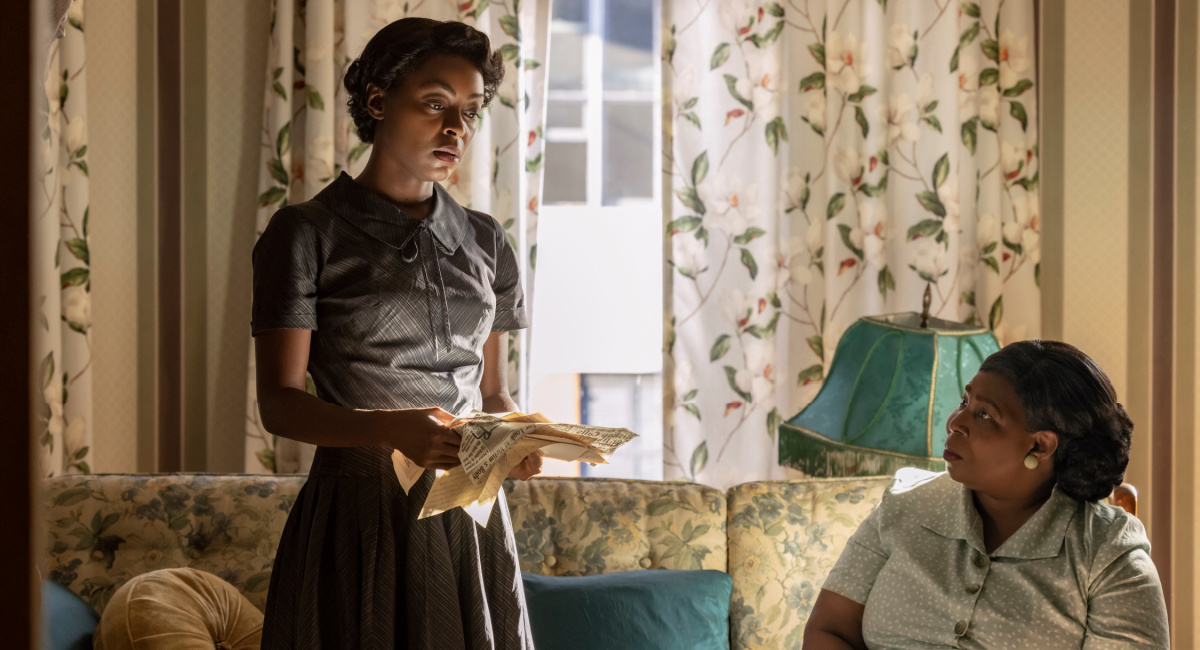
(L to R) Danielle Deadwyler as Mamie Till Bradley and Whoopi Goldberg as Alma Carthan in TILL, directed by Chinonye Chukwu, released by Orion Pictures. Credit: Lynsey Weatherspoon / Orion Pictures. © 2022 ORION PICTURES RELEASING LLC. All Rights Reserved.
